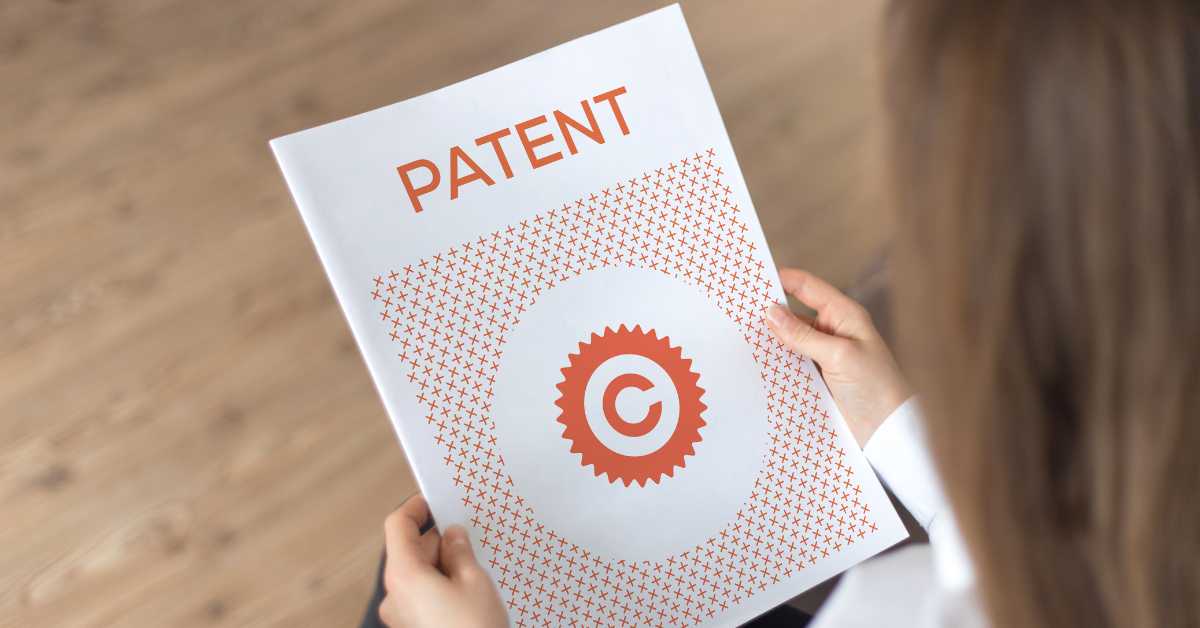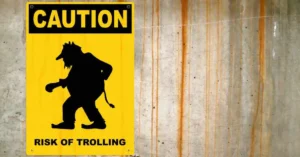Intellectual property law has the concept of a utility patent. Protecting the works of artists is quite vital. This patent ensures legal protection for original and useful ideas, therefore allowing the inventors to assert sole rights to their creations.
By stopping others from producing, utilizing, or marketing the idea without permission, it allows inventors to entirely profit from their effort and creativity.
Should you wish to learn more or maybe apply for one, you might set up a consultation with us at Am Badar & Am Badar. Read our article “Take A Look Beyond: A History of Patent Law” to explore the background and applicability of patent law further. More than that, you can also check the insight and services page, or contact the team.
What are Utility Patents and What Do They Protect?
In simple terms, this patent is known as “a patent for inventions”.Those who want to protect the viability of their ideas basically have to hold this type of patent.
In the U.S., this patent is granted by the United States Patent and Trademark Office (USPTO), covering creative and useful ideas, apparatus, manufacturing, or compositions of matter as well as enhancements to these.
This type of patent gives inventors the right to ban anyone from producing, using, or selling their invention for up to 20 years from the date of application submission provided maintenance fees are paid consistently.
A patent of utility protects the operating mechanism of an invention as its purpose. For instance, should you design a new kind of engine, this patent would protect the specific systems and methods making it possible to run.
Unlike a design patent, which just tackles the cosmetic aspects of an object—such as its form or surface design—this is not. Comprising about 90% of all USPTO-issued patents, these ones are the most regularly occurring type of patent available in the country.
Meanwhile, the utility patent used in Indonesia is known as “Paten Sederhana”, or “Simple Patent” in English. It is utilized to protect creative ideas even though its main focus is on practical and concrete instruments or objects.
Here, simple patents can cover rather valuable new designs, constructions, or components. Unlike a traditional American patent for an invention, though, an Indonesian simple patent is granted for a limited period, usually 10 years, and cannot be renewed.
In general, the simpler requirements and quicker processing make getting a utility patent is more accessible. See Law of the Republic of Indonesia Number 14 of 2001 regarding Patents to learn about it in Indonesia
The Importance of Utility Patents for Inventors
Whether the patent for inventions in the US or the basic simple patent in Indonesia, both serve certain benefits. Here are the details of why it is so important for inventors:
-
Protection from Infringement
In terms of infringement protection, obtaining this patent provides large benefits. The legal authority granted to the patent inventor allows them to restrict others from manufacturing, using, or marketing their patented product without permission.
This protection is especially important in very competitive industries because competitors can quickly copy and bring fresh ideas to the market.
-
Commercial Advantage
Having this patent can be rather profitable commercially as it prevents competitors from applying the same technology, therefore allowing the patent holder to establish a unique market position.
From this exclusiveness, more sales or licensing agreement money as well as more market share can result. Moreover, a patent helps a company to establish value and reputation, which attracts fresh investors and partners.
-
Legal Leverage
The utility patent also offers powerful legal leverage. Should a competitor company infringe a patent concept, the holder has legal remedy to protect their rights.
This could mean looking for damages for losses caused by the infringement or obtaining an injunction to halt it. Good application of patent rights protects the market position of the innovator and discouragement of potential infringers.
-
Monetization Opportunities
Furthermore, having this patent opens other income sources. When the holder licenses the patented technology to other companies, a continuous supply of royalties is generated.
They could also directly sell the patent for a flat sum, plain forwardly. Furthermore used as collateral for money, patents provide a means to support further projects related to research and development.
-
Encouragement of Innovation
These patents give a period of exclusive rights, therefore encouraging invention and inspiring research and development. So, businesses and innovators are more ready to commit time and money to produce innovative ideas.
Still, they have to first find out and confirm whether they can protect their ideas and maybe get paid back monetarily. This stimulates technical innovation and helps to support overall economic growth.
Considering a Utility Patent? Here’s What You Should Know
Applying for a simple patent or patent for inventions calls for careful consideration, and several major steps to be kept in mind:
-
Prepare a Detailed Patent Application
A well-written patent application should go into great detail on the invention coupled with its components, operating mechanism, and usefulness.
Claims, which indicate the degree of protection sought, have to be appropriately stated to reflect the unique aspects of the invention and set it apart from prior art.
-
Understand the Utility Requirement
If an innovation is to be qualified for a utility patent registration process, it must be beneficial, or have a practical relevance/application.
The assessment of the utility requirement is based on whether the invention performs its intended purpose/function. A strong patent application requires your invention to be fit for this criterion.
-
Be Prepared for the Long-Term Commitment
Remember, obtaining a patent of utility does not happen fast. It calls for both a significant time and cost commitment, and the evaluation process might run several years. Moreover, holding a patent requires consistent maintenance payments.
Thus, one should be prepared for this long-term commitment and handle the patent all through its period or lifecycle correctly.
-
Seek Professional Assistance
Last but not least, negotiating the patent application can be demanding and taxing. Your chances of getting a patent will be much raised by consulting a seasoned patent attorney.
Professional patent lawyers such as our team at Am Badar & Am Badar can provide expert guidance on applying, completing prior art searches, and managing any patent office rejections or objections.
Our team is dedicated to helping you realize the commercial possibilities of your discoveries by securing and enforcing your utility patent, therefore providing total protection of your ideas.
Together with our other IP-related services, we offer a range of patent services catered to your specific needs and complete support all through the patenting process. See our insights, “Patent Attorneys: Know Them Further through 7 Facts”, or contact us for more details.
References:
- https://arapackelaw.com/patents/utility-patents-explained/
- https://www.uspto.gov/web/offices/ac/ido/oeip/taf/data/patdesc.htm
- https://peraturan.bpk.go.id/Download/26633/UU%20Nomor%2014%20tahun%202001.pdf
- https://osf.io/preprints/jr7mn
Reviewed by Nabil Argya Yusuf






